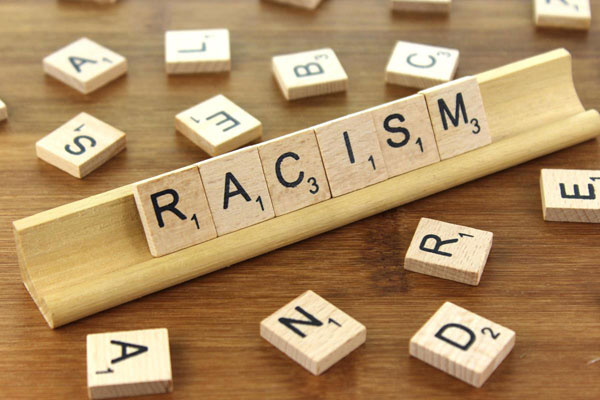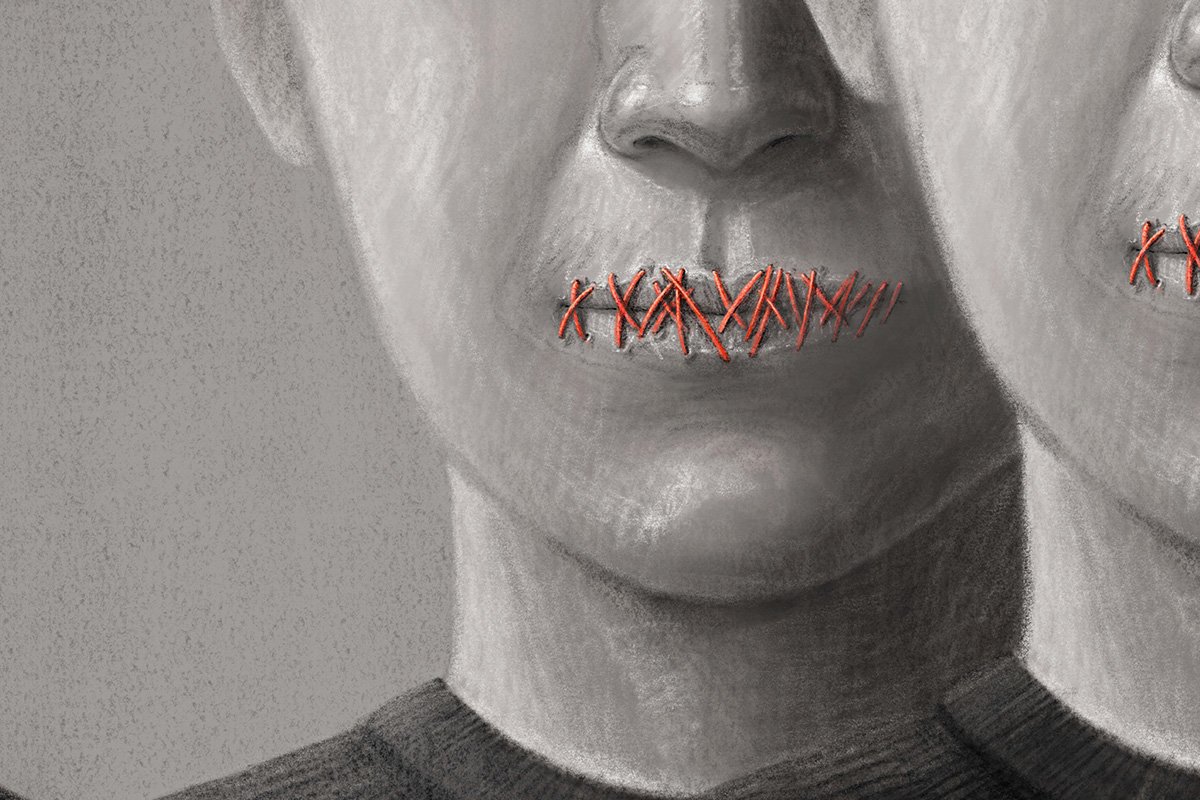
March 29, 2019; Poynter
NPQ loves to watch the evolution in the use of language in how we talk about social dynamics. For instance, in January we noted that “justice” had been the most-looked-up word of the year in 2018, according to Merriam-Webster. We chose to see that as a good thing. This story is about an advisory on how journalists should word stories concerning an issue many do not like to face head-on—that is, race.
Sign up for our free newsletters
Subscribe to NPQ's newsletters to have our top stories delivered directly to your inbox.
By signing up, you agree to our privacy policy and terms of use, and to receive messages from NPQ and our partners.
Last Friday, the Associated Press updated its style guide for journalists, advising all that racism should be called “racism” without any softening tricks of language. It advises against the use of such weak-kneed terms as “racially charged,” “racially tinged,” or “racially motivated” in favor of just plain “racist” or “racism.” It cautions at the same time that while race may not always be a relevant factor in reporting a story, where it has been considered to have played a part, it should be named straight out when it is determined to be properly descriptive.
The style guide also advises against the use of hyphens in terms like “African American” or “Chinese American” because their use serves to divide rather than to connect.—Ruth McCambridge












